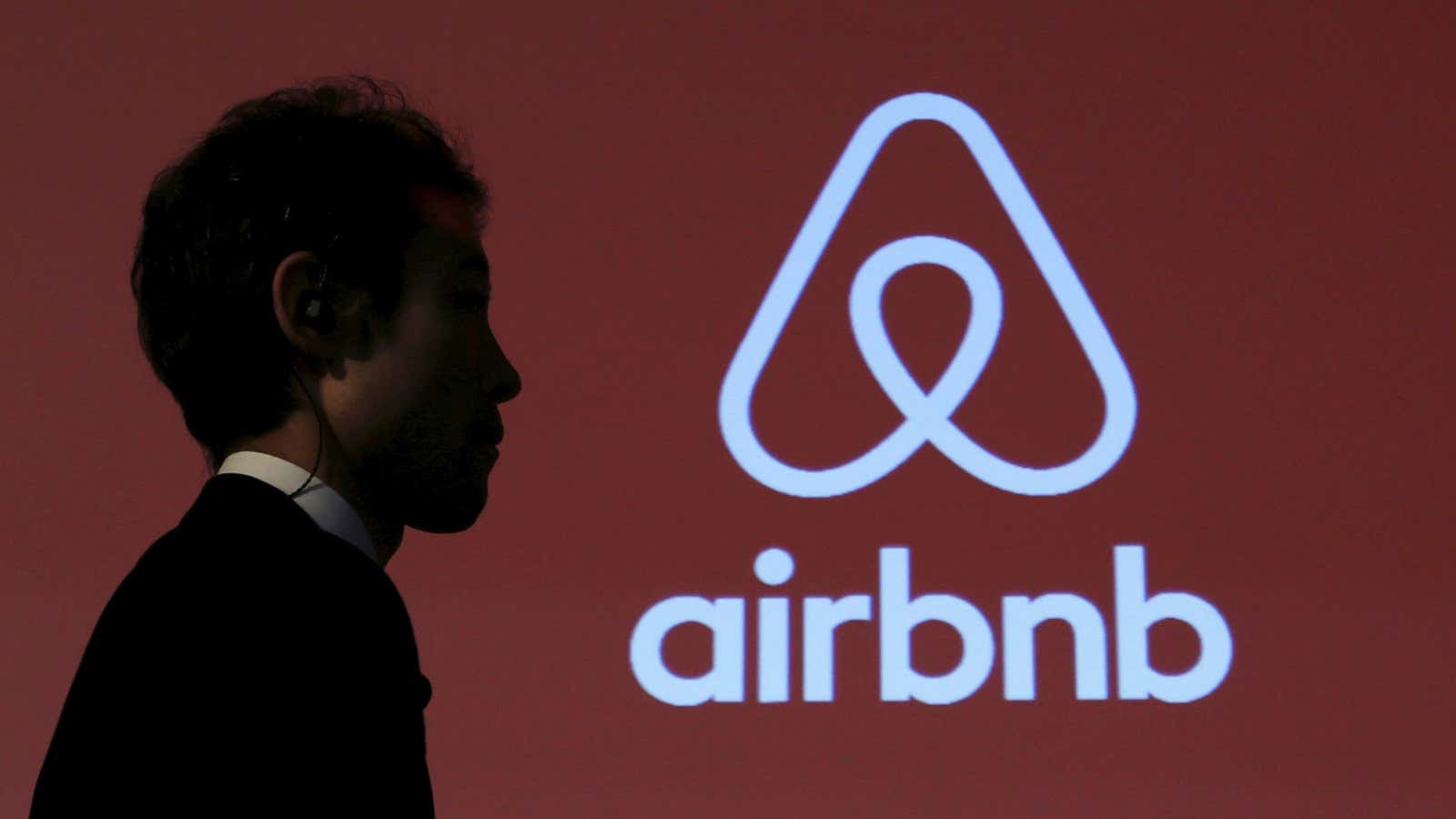23andMe, one of the largest direct-to-consumer genetic testing companies, wants its customers to use Airbnb to book stays across the globe based on their ancestry results, either through its website or through locations sorted by Airbnb based on 23andMe’s genetic regions. (Customers are free to browse through other travel destinations through the partnership, too.)
Direct-to-consumer genetic services like 23andMe claim to analyze a customer’s DNA and provide them with a clear picture of their ancestry. As of January, more than 26 million people had taken direct-to-consumer genetic tests, with roughly 9 million of them using 23andMe. Although 23andMe also offers some testing related to a customer’s health and wellness, it’s clear that customers are curious about their family heritage through their DNA.
The company’s partnership with Airbnb, announced May 22, plays on the recent trend of “heritage travel,” but instead of simply visiting your great-grandparents’ home town, this involves going a step (or several thousand steps) further and using your genetic testing results to pick travel destinations. “We empower 23andMe customers to learn about themselves and their ancestry through their unique genetic code,” 23andMe’s chief executive officer Anne Wojcicki said in a statement.
There’s nothing wrong with trying to learn more about the places important to your family history. It can be a powerful experience, particularly if certain family traditions were passed down from another country’s culture. There is, however, a problem with assuming that your genes will tell you all you need to know about your family’s cultural history.
The technology used to determine ancestral breakdowns based on our genetic ancestry are imprecise estimates, at best. Our genomes—our entire collection of DNA—are massive. They’re also 99.9% the same from person to person. The 0.01% of our DNA that makes us unique is what direct-to-consumer genetic testing companies analyze. When generating ancestry reports, they compare some of these variations a customer’s DNA with those from people who know their ancestral heritage, called reference genomes. Ancestry reports are based on the percentages genetic variations customers have in common with reference genomes from different parts of the world.
The amount of DNA 23andMe analyzes to identify a person’s heritage is the equivalent of skimming the CliffNotes of a major work of literature. The clean, neat, donut charts 23andMe uses to break down ancestry obfuscates the complexities of genetics, and can’t account for shifting geopolitical borders throughout history.
More worryingly, they also imply that our genetic makeup determines our identity. The idea that who we are is rooted in our biology has been touted by white supremacists for centuries. In reality, our cultural identities are determined by the families that raised us and the traditions they passed down. Some of these may be from places that show up in our genetic differences; some may not be.
In other words, the partnership between 23andMe and Airbnb is only the latest iteration of marketing gimmicks by direct-to-consumer genetic testing companies to try to link differences in DNA to other choices we may want to make. AncestryDNA has partnered with a company called Go Ahead Tours that provides a genealogists’ perspective in creating travel that reflects a person’s ancestry. Last year, it partnered with Spotify to generate playlists with songs that reflect the cultures of a customer’s ancestors. Additionally, 23andMe tried to encourage American customers to “root for their roots” and cheer for World Cup soccer teams based on their DNA.
So go ahead and book a trip to a far-flung destination. Just don’t expect to find your distant cousins, or identity, when you get there.
Update: Representatives from 23andMe clarified the company has taken efforts to communicate with users that identity is not based solely on genetics. This piece has also been updated to include information that the partnership between Airbnb and 23andMe does not limit customers to looking at destinations based on their ancestry results.




